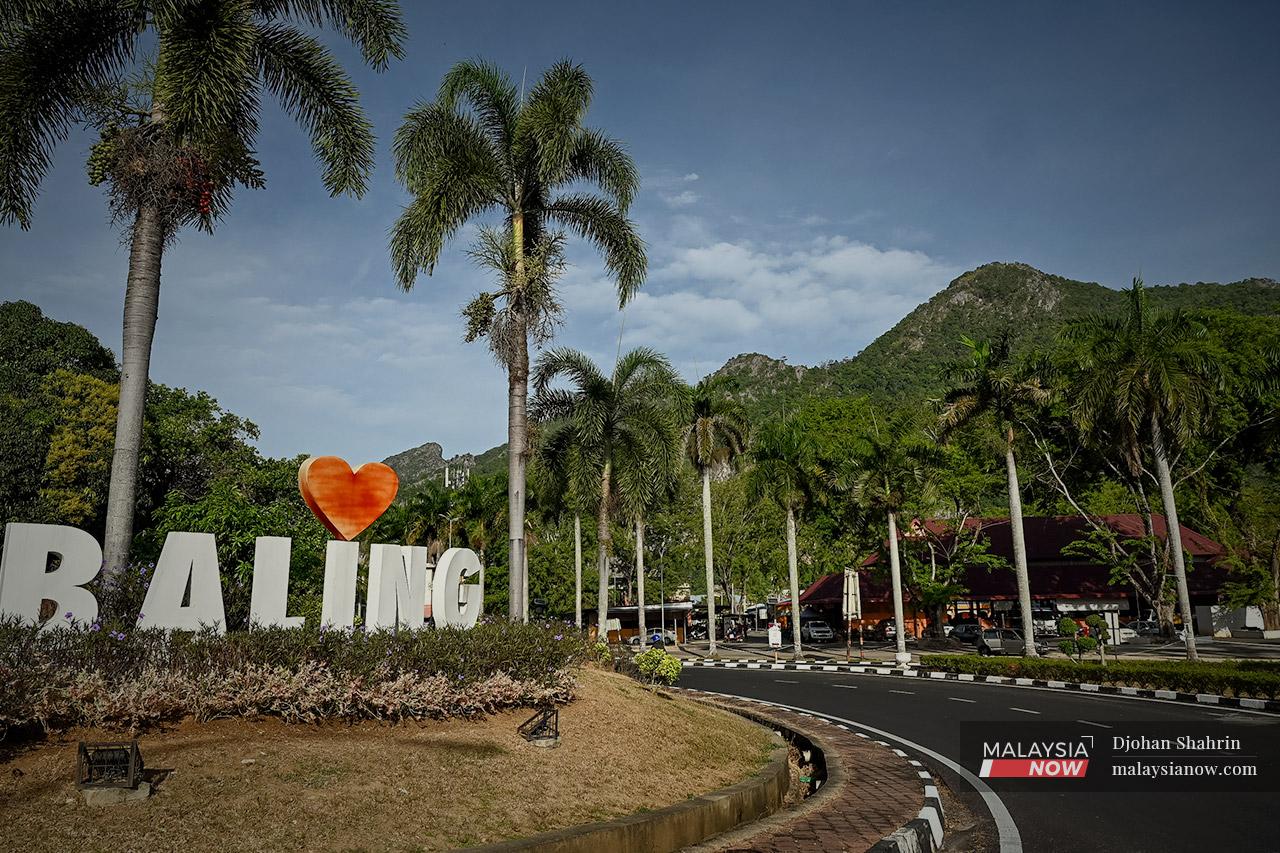Gallery
The long trek for water in Kedah interior
In Baling, a rural district in Kedah bordering Perak and Thailand, pipe water is patchy at best, and many residents are forced to depend on rivers for their water supply.
Djohan Shahrin
3 minute read
Share
- Advertisement -
Just In



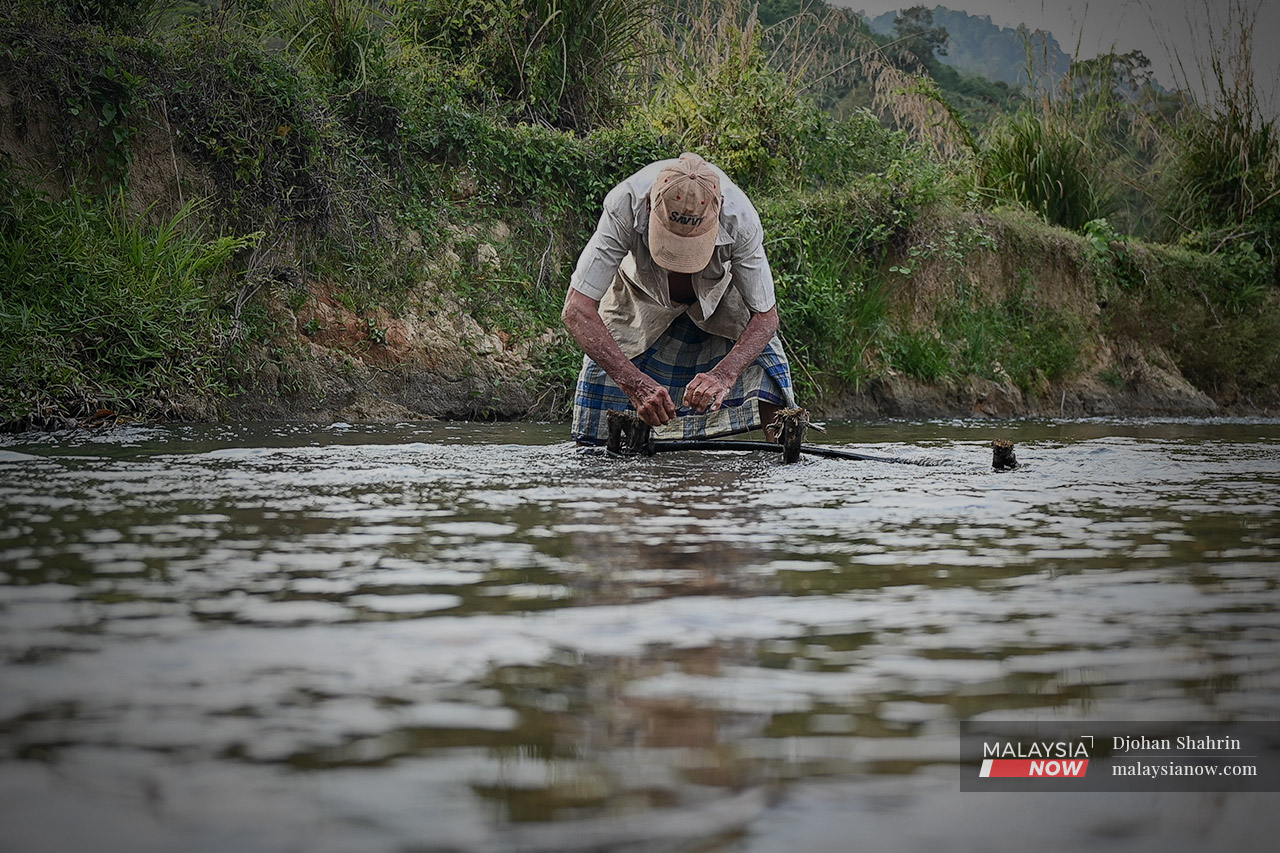

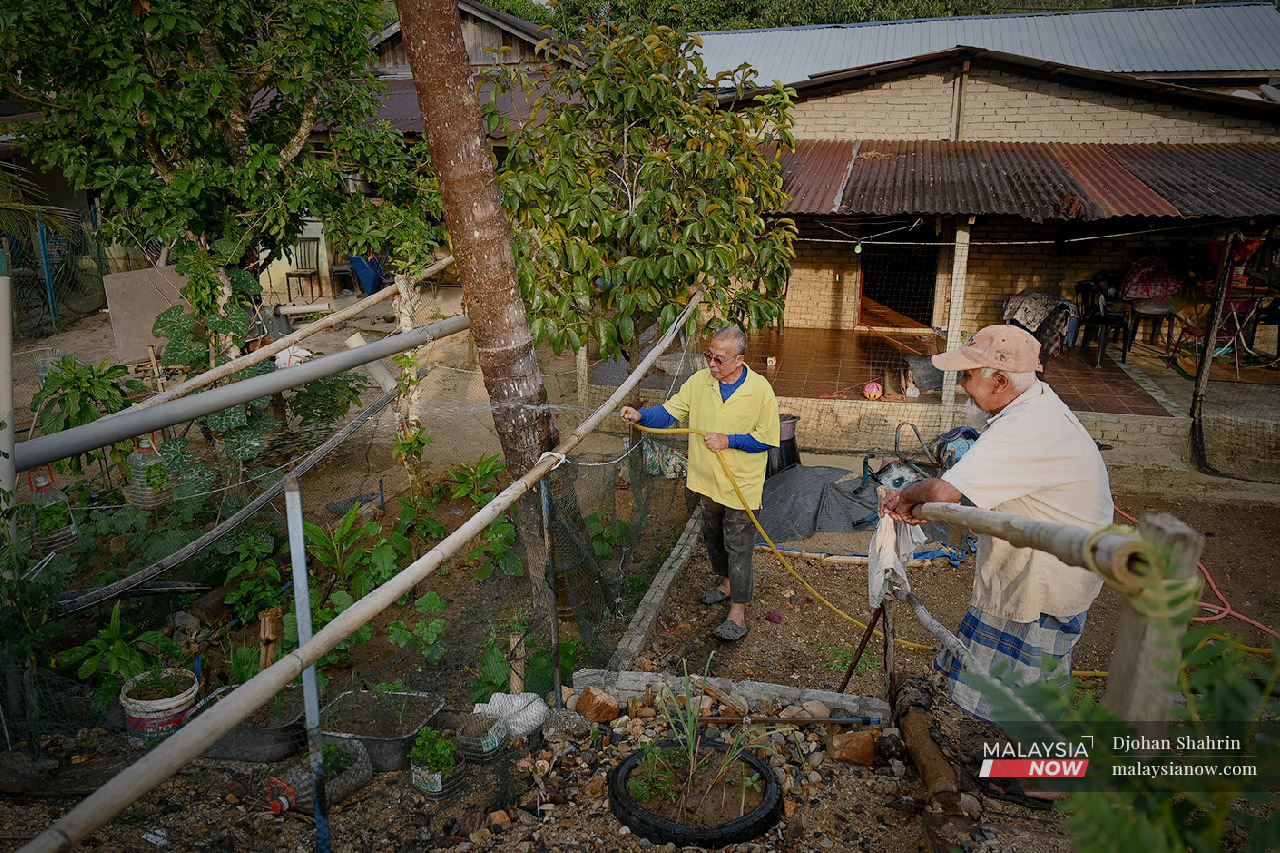


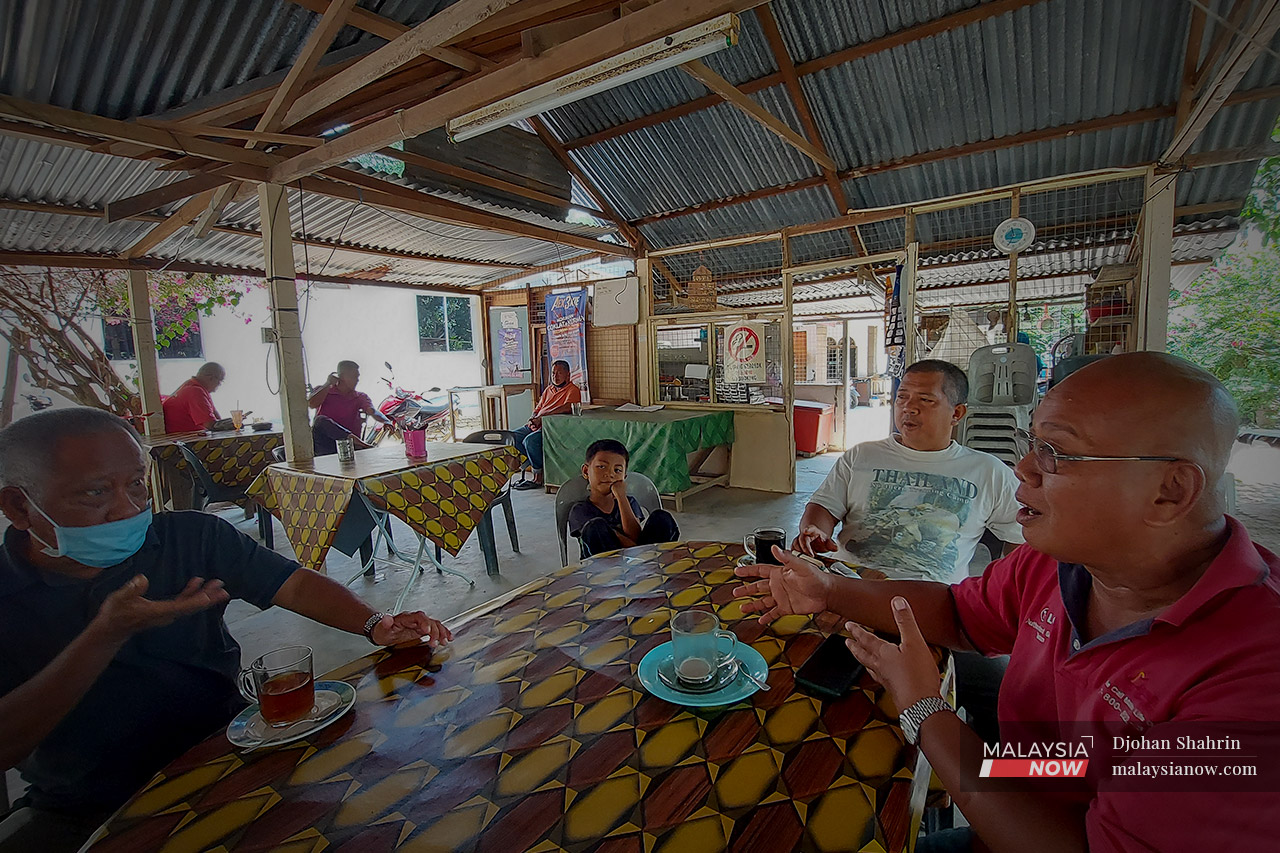
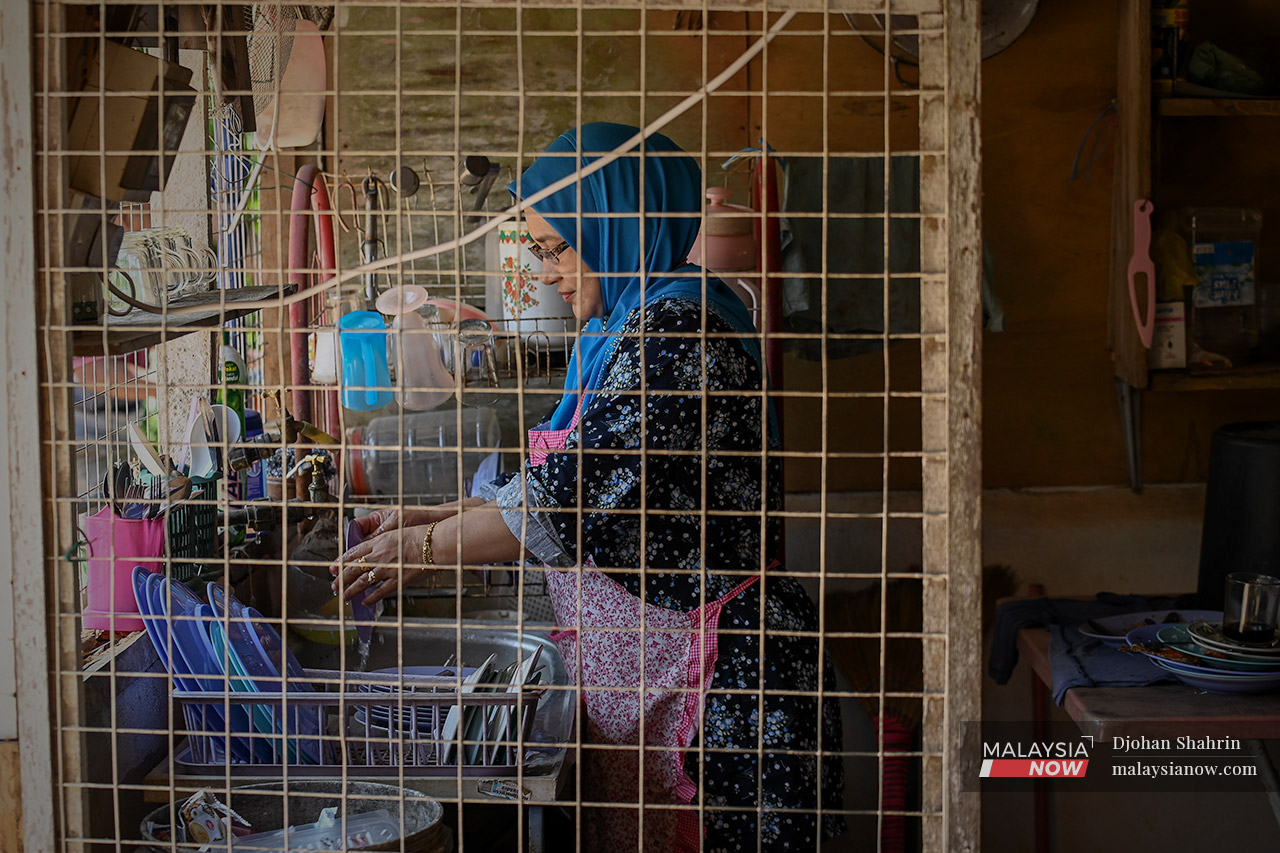



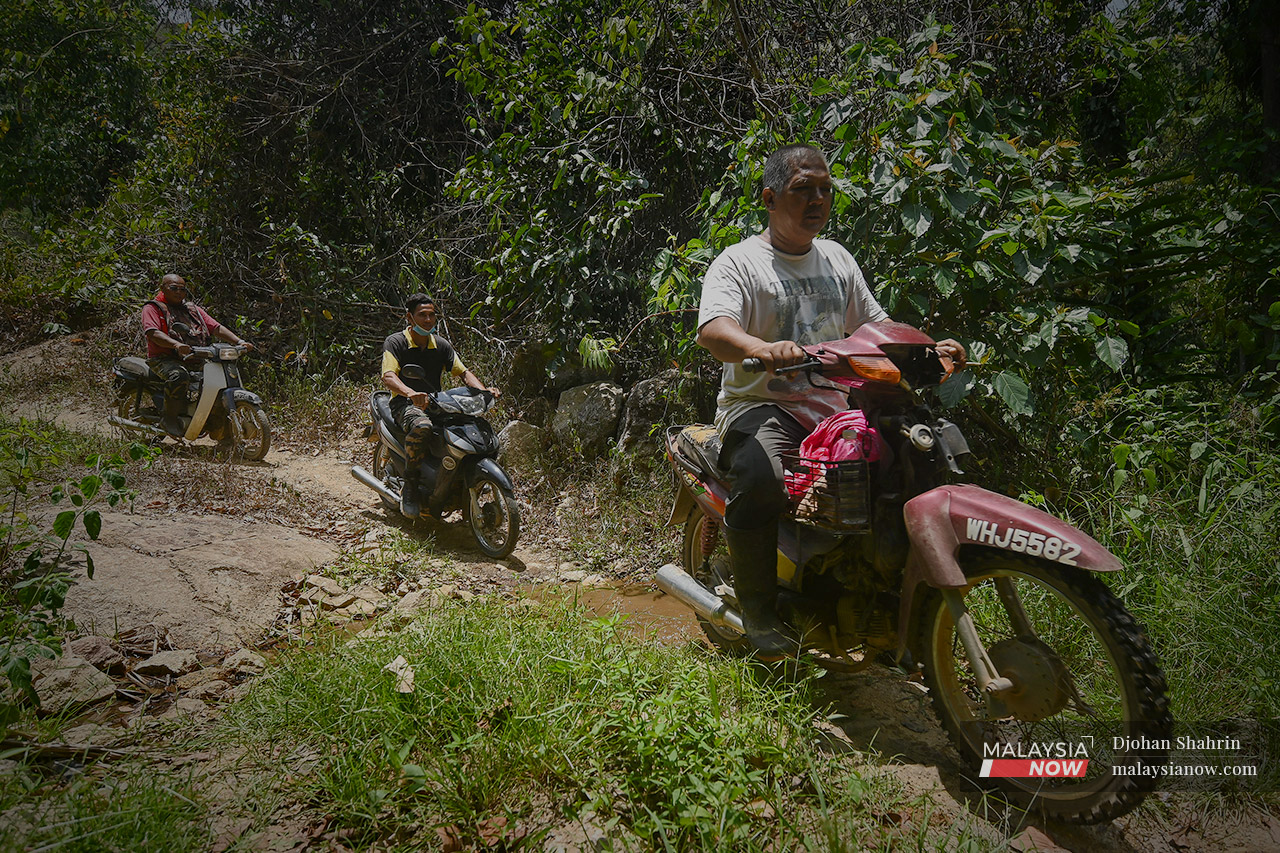



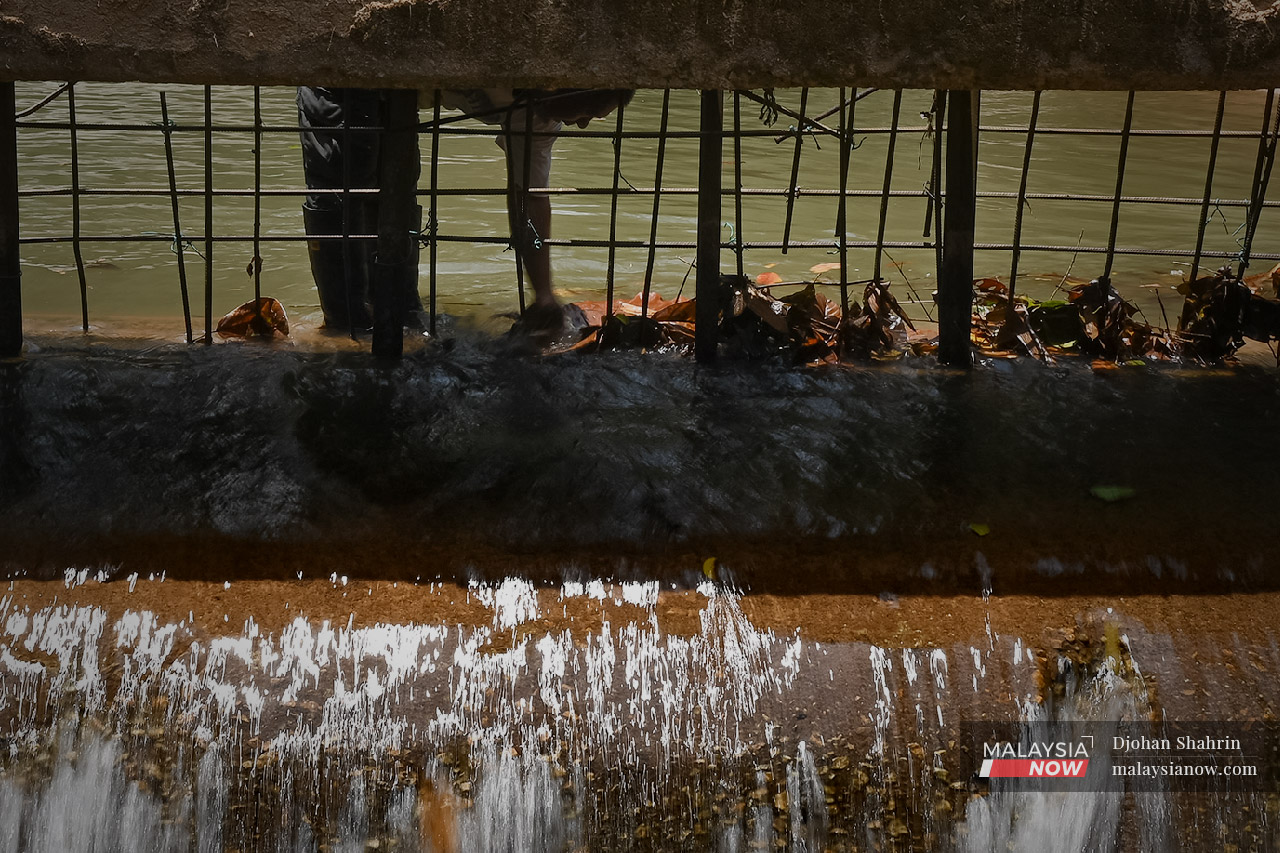
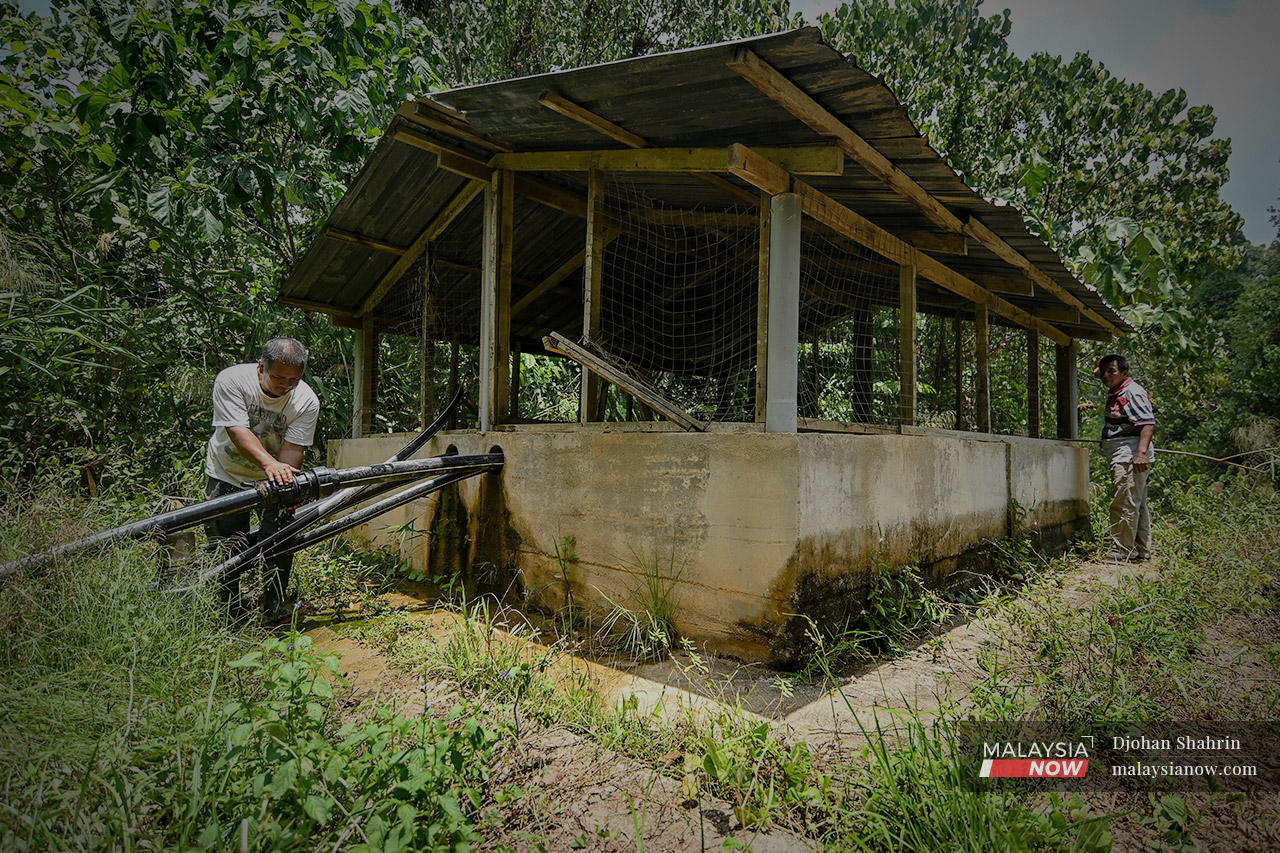
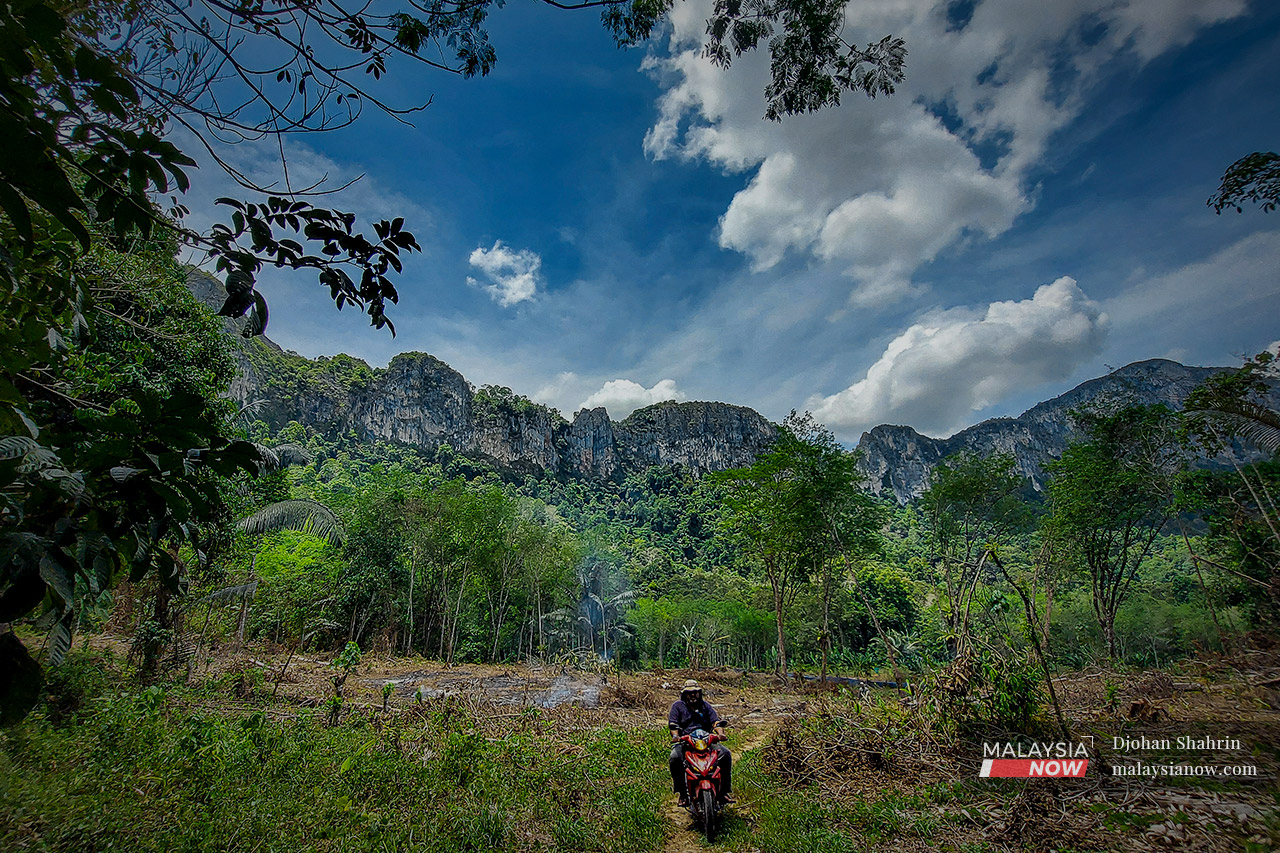
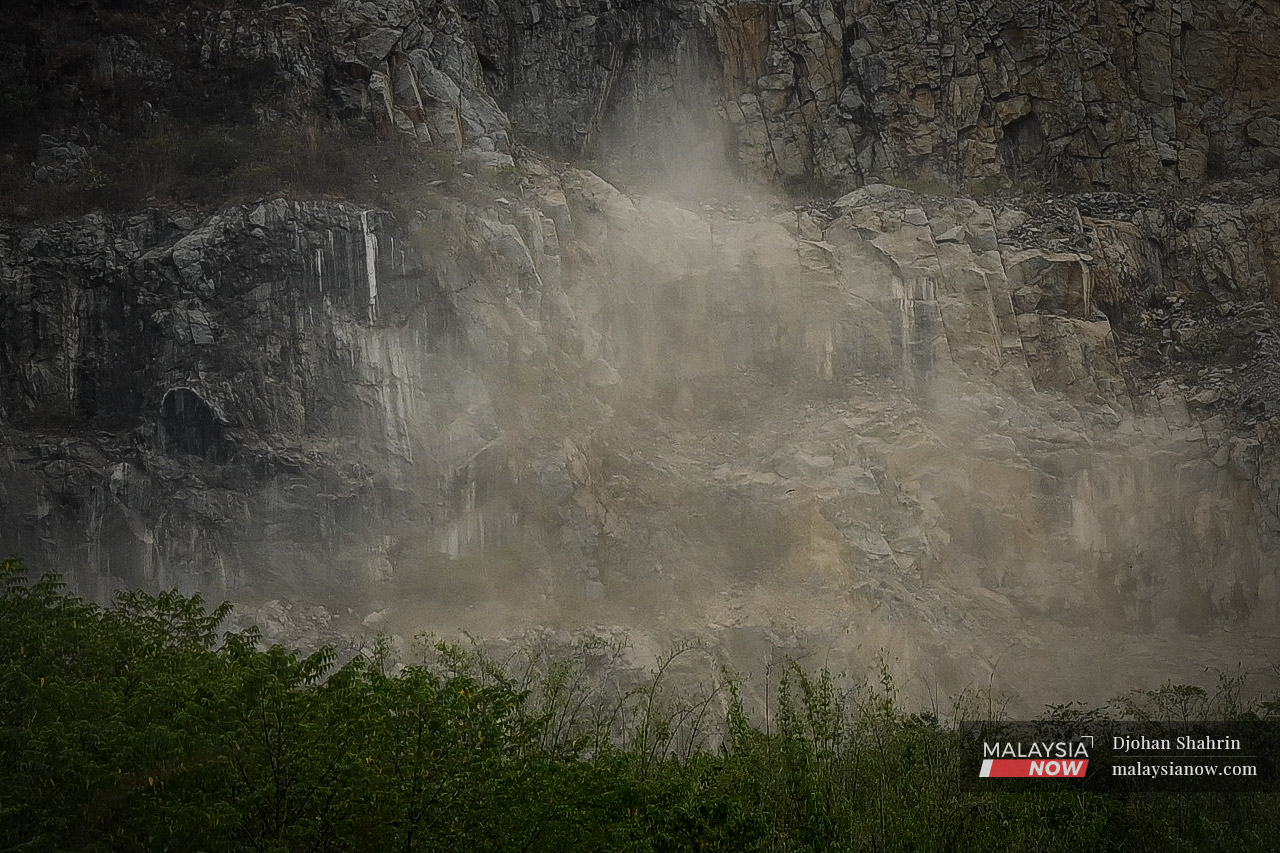

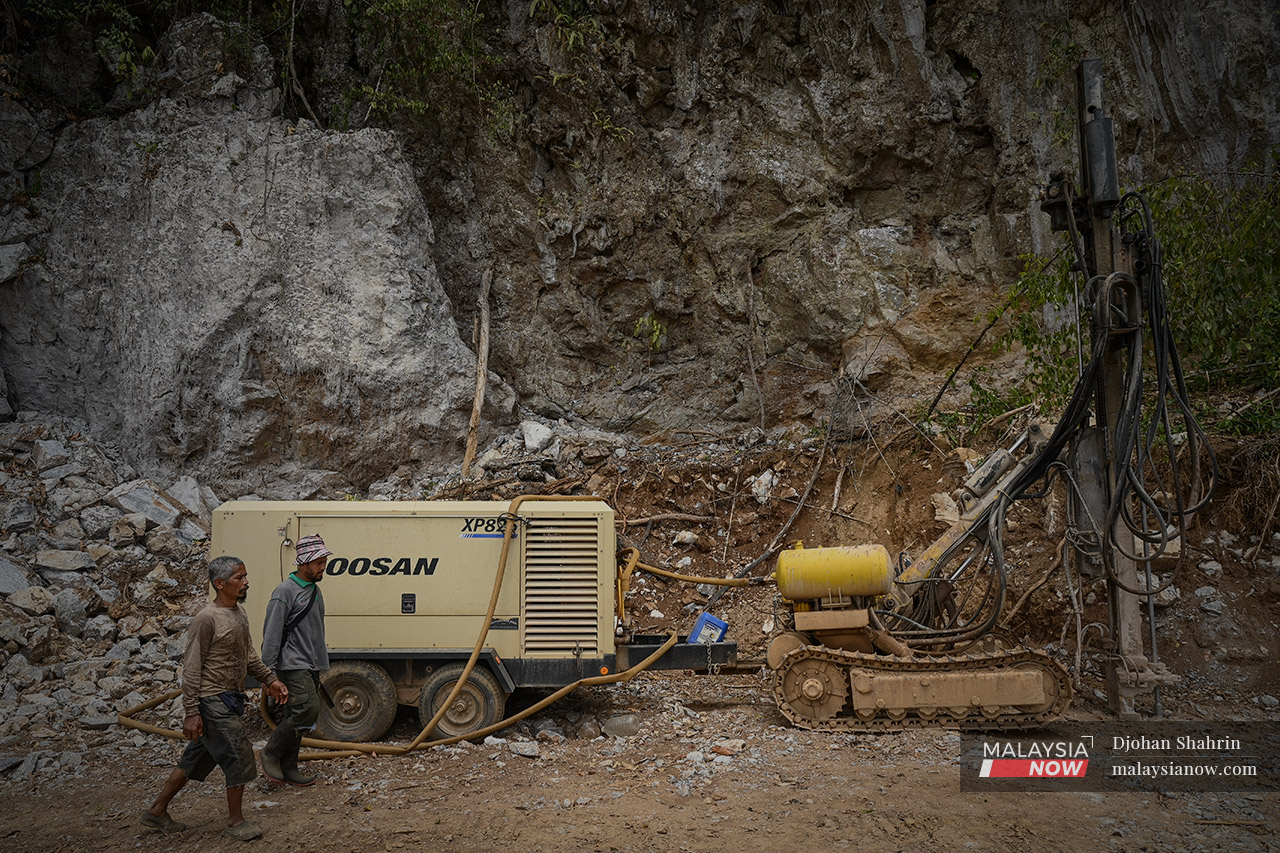

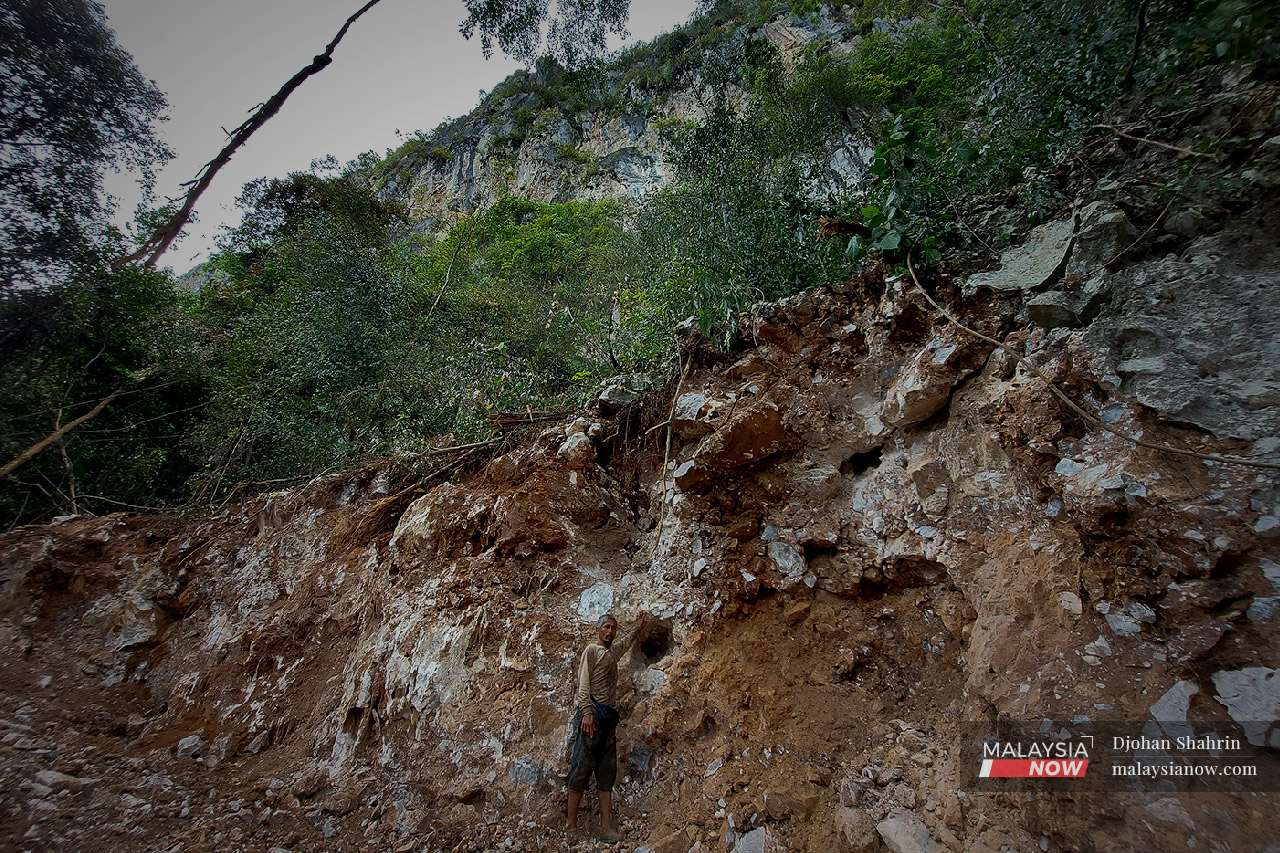

Follow us on Telegram for the latest updates: https://t.me/malaysianow
Subscribe to our newsletter
To be updated with all the latest news and analyses daily.
Share
- Advertisement -
